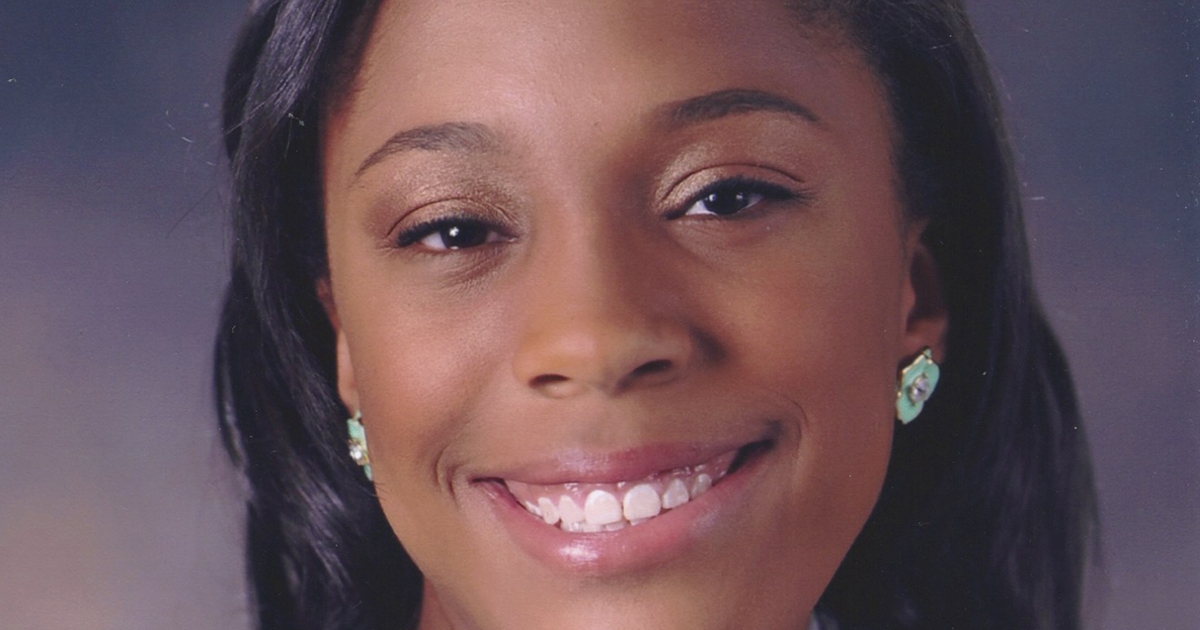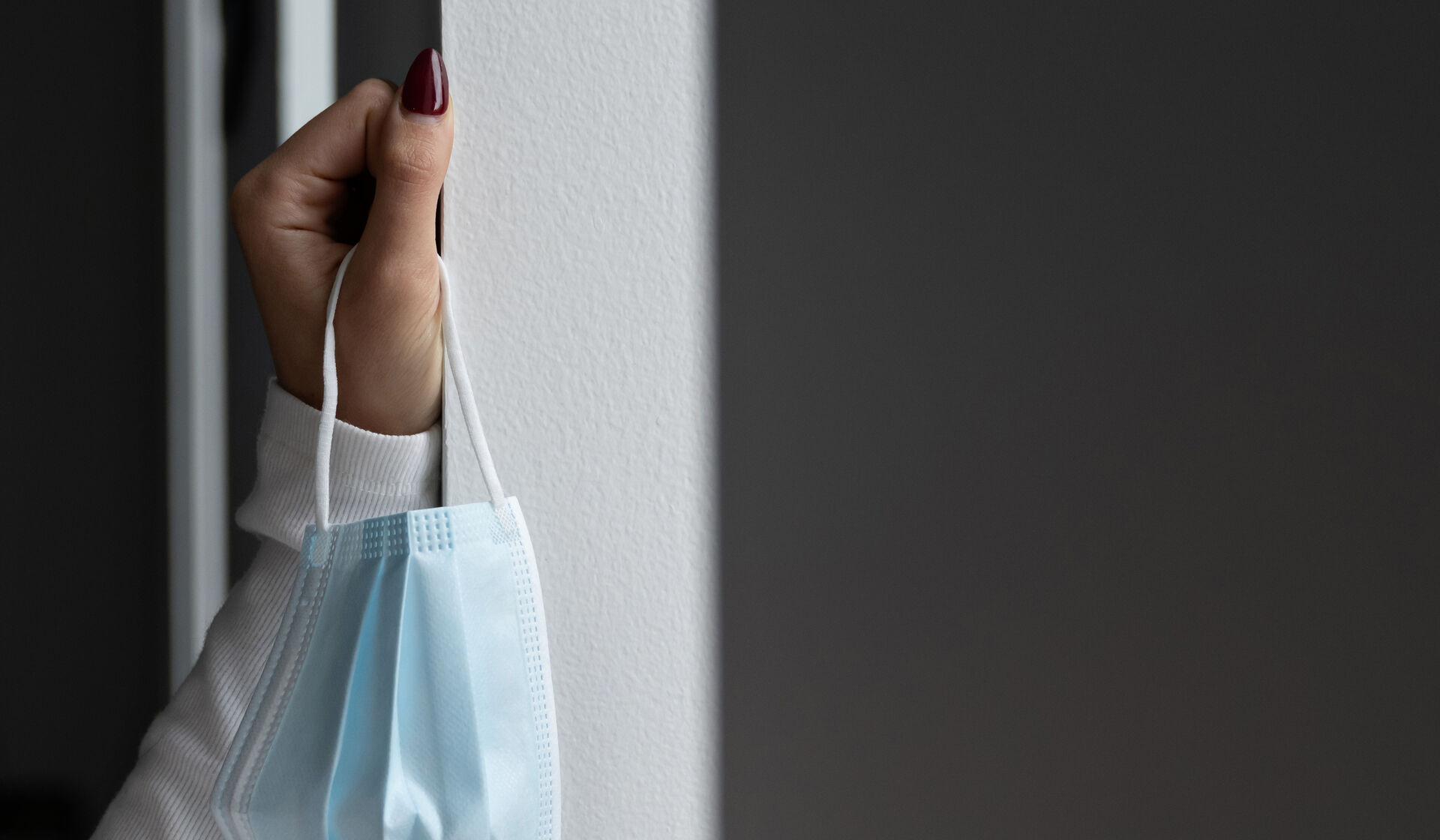The ruminations of a teenage college applicant can often sound callow. But not always. As many a college essay proves, such thoughts can be utterly inspirational. The same can be said of essays submitted by applicants to the Alumni Association LEAD Scholars Program.
In celebration of the 10th anniversary of the program, we are sharing just a few of the many essays submitted. In this 10-part series, you’ll read of the experiences of those who come from relatively sheltered backgrounds to those who have had to deal with more than their share of adversity.
In this ninth installment, senior Taylor Wynn discusses how she came to terms with having a degenerative disease. Graduating Phi Beta Kappa on May 4, Taylor studied information analytics at U-M’s School of Information. She also played club volleyball, participated in the Kappa Theta Pi professional fraternity, and worked as a teaching assistant. This fall, she will head to graduate school at Johns Hopkins University, where she will pursue a master’s degree in nursing informatics.
A Light in the Dark
Going blind has a way of making you look at the world a little differently.
In seventh grade, I was diagnosed with keratoconus, a degenerative eye disease. It causes my corneas to thin and makes my vision deteriorate. If no cure is found, by the time I am a middle-aged woman, I will be blind.
I’m not going to lie, it’s hard sometimes. I can still read standard print, but my eyes get tired faster than they used to. From morning until night, I wear an uncomfortable specialized contact lens in my left eye to keep my cornea stable. My depth perception and my peripheral vision aren’t great, and there are continued medical visits to try and stabilize the vision in my right eye.
I have to think about the future in ways that are different from my friends. I often wonder how I will take care of myself when I’m blind. I worry how I will get around if I can’t drive.
But this disease hasn’t brought only darkness into my life. In many ways, it has brought light by opening my eyes to my blessings. I appreciate every moment and savor every experience, because I know my sight time is limited. I love every second of playing Monopoly with my brother, watching “Family Feud” with my mom, and going to the movies with my dad. I spend time appreciating nature, taking walks with my dog, and truly enjoying sights other people may be too busy to notice, like the spectacular range of colors in foods.
My condition has also put problems and priorities into perspective. I don’t get stressed about pimples or about someone cutting in front of me, the way people my age sometimes do. I also don’t waste time on anything that isn’t very important to me. Because I know there’s a timer on my vision, I want to devote my eyesight to things I love, like volleyball, cooking, and being a volunteer emergency medical technician.
Losing my sight has pushed me to sharpen my other senses. I love listening to the conversations of my friends and the different tonal nuances in their voices. I’ve sharpened my sense of smell by spending my summers helping teach cooking classes. I’ve honed my sense of touch by playing piano. I no longer have to watch my hands when I’m playing, because I know which notes connect with which key.
In the future, I know there are things I won’t be able to do, like play volleyball, curl up with my favorite book, or watch the waves. But I know there are many things I will be able to do: listen to audiobooks, play the piano, and feel the waves on my body. One day, I may not be able to see the roses, but I will still be able to smell them, touch them, and even taste them, if I want. And that is what I have chosen to focus on: the light, not the darkness.
(Taylor’s eyesight has not further deteriorated while studying at U-M, thanks to crosslinking—an experimental FDA-approved treatment she is receiving.)
The LEAD Scholars Program provides scholarships to black, Latino, and Native American students who have been accepted into the U-M. Visit umalumni.com/LEAD to learn how you can support the program and, thus, help create a more diverse campus.





